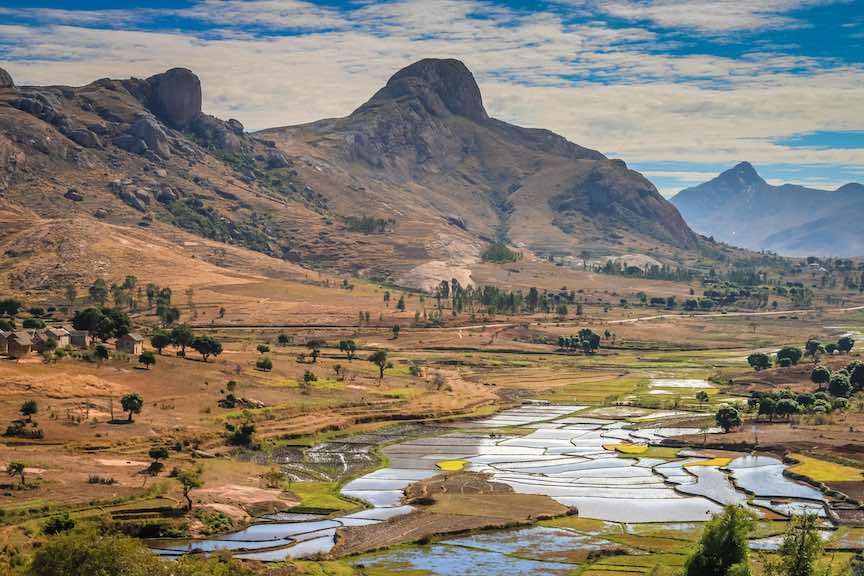1947 Revolt Against French Rule in Madagascar

Haile Selassie
A nationalist rebellion broke out in Madagascar. White settlers were assaulted, plantations burned and French garrisons attacked. It took the French more than a year to put down the revolt.
Madagascar, a former French colony, witnessed a surge in nationalist sentiment among the Malagasy people following World War II. This sentiment was borne out of a longstanding disillusionment caused by the stark treatment disparities between the French settlers and the indigenous population. The flame of this sentiment was further fanned by the promises of greater autonomy made during World War II, especially when the Free French were rallying global support against the Axis powers.
In this backdrop, the night of March 29, 1947, marked a significant turn of events. The Malagasy Uprising, or the 1947 Malagasy Revolt, began with a series of coordinated surprise attacks spearheaded mainly by the Party of the Malagasy Dispossessed (Parti des déshérités de Madagascar, or PADESM) and the Movement for the Restoration of Malagasy Independence (Mouvement démocratique de la rénovation malgache, or MDRM). As the revolt unfurled, it rapidly spread through the eastern part of the island, leading to numerous casualties. White settlers and French garrisons found themselves targeted, plantations, especially those under French ownership, went up in flames, and critical infrastructure faced attacks.
Reacting to this uprising, the French response was both swift and severe. Reinforcements poured into Madagascar from metropolitan France and other French colonies. Employing a mix of brutal tactics, which included mass executions, torture, and even aerial bombardments, the French sought to quash the rebellion. Estimates suggest that the suppression led to the tragic loss of between 11,000 to 100,000 Malagasy lives, though the actual figures remain a topic of debate, mainly due to inadequate documentation.
By the end of 1948, the core of the rebellion had been suppressed. However, pockets of resistance endured into the early 1950s. In the wake of the rebellion, many MDRM leaders found themselves arrested and subsequently faced a range of punishments – from long imprisonments to, in some cases, execution. The French also disbanded the party.
Yet, despite its suppression, the 1947 uprising occupies a pivotal position in Madagascar's journey towards independence. It played a crucial role in forging a collective national consciousness. Moreover, the international criticism directed at France's heavy-handed approach arguably hastened Madagascar's stride towards sovereignty. By 1958, Madagascar emerged as an autonomous republic within the French Community and achieved full independence in 1960
 >
>